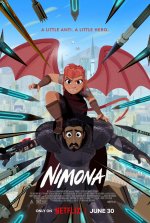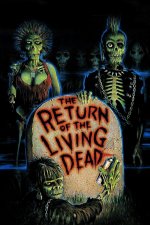D
Deleted member 13557
Guest
Everything Everywhere All At Once
Considering the practicality universal praise this got, I went into this with high hopes and I really wanted to love it. I… like it?
I think would’ve liked this more if it was just a somewhat grounded family drama. Take away the super heroics but keep the plot outline. Verse jumping is a cool concept, but it never really got any more interesting to me past its initial introduction. Can’t knock the acting though, everyone was great. Solid 7/10.
Considering the practicality universal praise this got, I went into this with high hopes and I really wanted to love it. I… like it?
I think would’ve liked this more if it was just a somewhat grounded family drama. Take away the super heroics but keep the plot outline. Verse jumping is a cool concept, but it never really got any more interesting to me past its initial introduction. Can’t knock the acting though, everyone was great. Solid 7/10.
Last edited by a moderator:

 ). It then got a bit bogged down, but still a quality watch. I had forgotten it was a two-part film until the end also. Anyway, first mystery fraction of film: 5/5 stars. Rest of film: 3.5/5 stars.
). It then got a bit bogged down, but still a quality watch. I had forgotten it was a two-part film until the end also. Anyway, first mystery fraction of film: 5/5 stars. Rest of film: 3.5/5 stars.




 ).
).